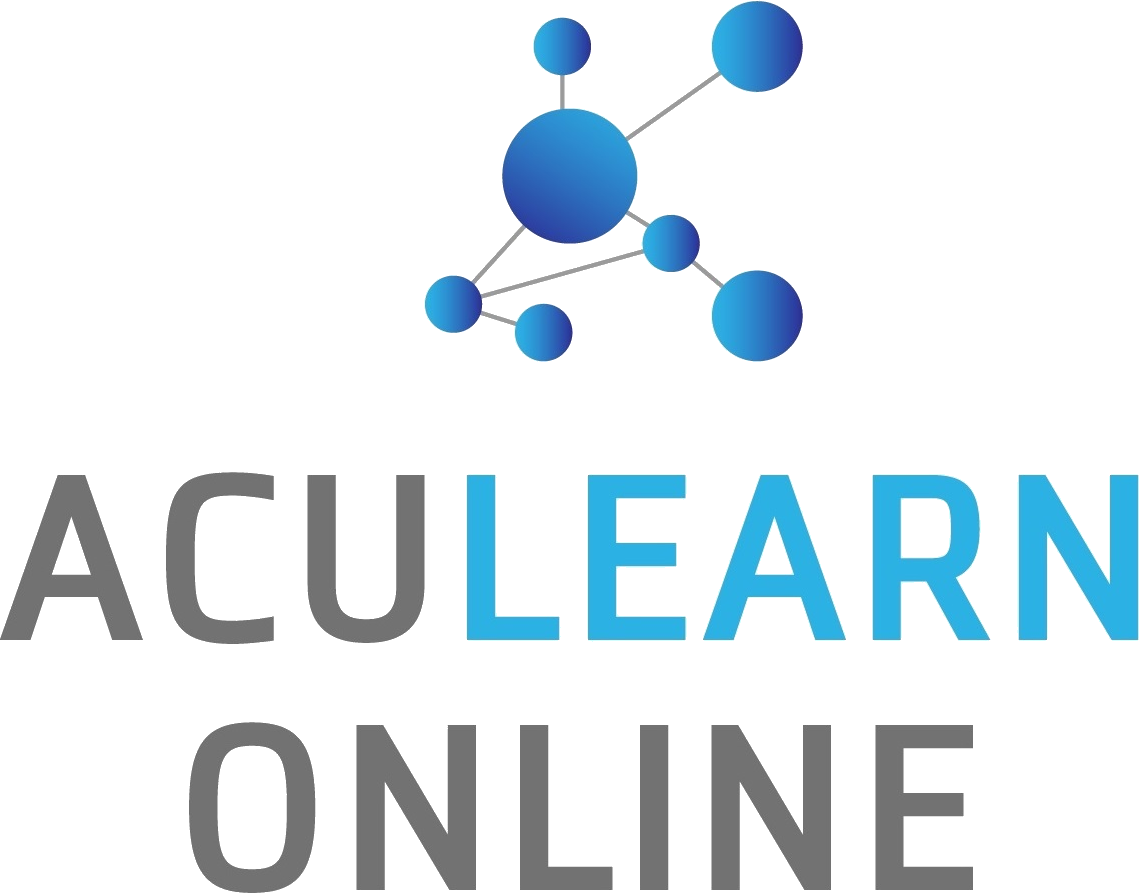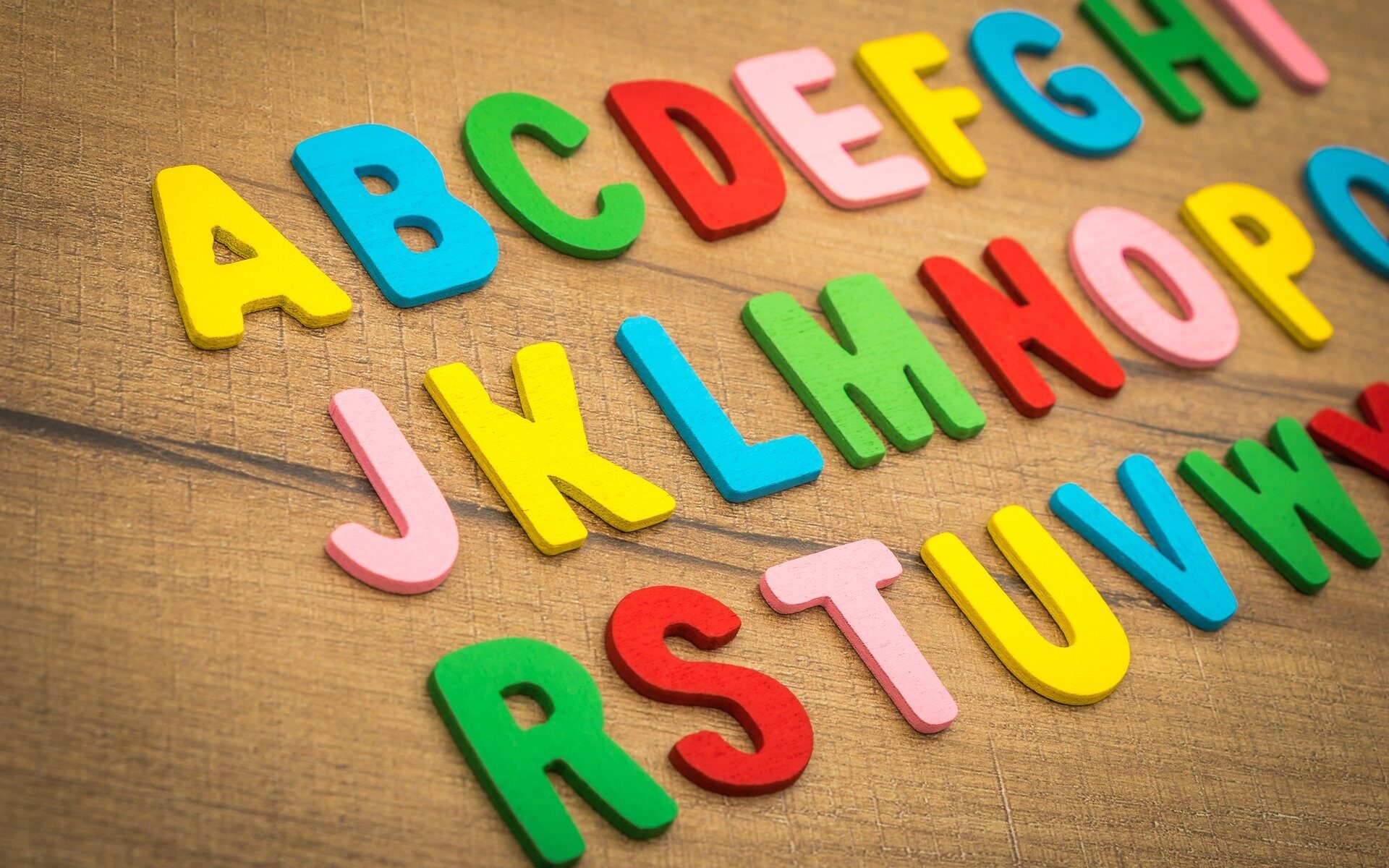For many parents, tuition is probably the default go-to option at the first sight of failing grades. Many are the recommendations from friends, family and peers on the best tutors and tuition groups that are a sure-win for any student. Acclaimed tutors have their schedules fully packed with students whose eager parents see them off to tuition every week. After every test and exam, students bring their papers home, where their parents and tutors pore over their improving grades…or so they say.
However, this raises the question: is tuition really the answer to scoring well in Primary Maths? Is attending tuition the magic catalyst that will guarantee good grades, or is it just a placebo? Well, let’s look at how tuition can help and the situations in which it may be less useful.
How Does Tuition Help?
Some parents swear by tuition to help a failing child. There have been countless reports of students who did extremely poorly in their prelims, only to bounce back from the brink with the aid of a good tutor – and move on to scoring a clean slate of As in PSLE. Although such a miracle is probably every parent’s dream, it requires plenty of hard work behind the scenes. After all, it is ultimately the student who is sitting for the examinations, not their tutors or teachers. Even if they undergo intensive practice under the guidance of a tutor, the most important ingredient to excelling in PSLE Maths is to study hard and be willing to learn.
The key to making the most out of tuition classes is not to overload them on your child, but to use them to supplement your child’s learning. Sometimes, less is more – a few quality sessions might help your child retain more information than a fully packed schedule of classes. Finding the right tutor and class style is also paramount to helping your child get the most out of their class. It is important to establish a good tutor-student relationship, where the student feels comfortable enough around their tutor to ask questions and seek clarification, and the tutor is able to explain so that the student can understand. Some tuition classes are held in groups, which different students may or may not prefer. It all comes down to your child’s learning style – if you are able to find a great tuition setting for your child to thrive in, tuition can really give them a leg up on their exams.
That being said, we believe that tuition alone is not the magic solution to solving everything. A child can be attending the best tuition classes with the most accredited tutors, but if they do not have the motivation to learn and improve, the tuition fees and time spent would have gone to waste. Additionally, the lack of access to tuition should not be a barrier to scoring good grades. With the right attitude and sufficient practice, any child can unlock their potential and achieve top scores in the PSLE.
Tackling PSLE Maths Without Tuition
Tuition may not always be an option for everyone, nor should it be a requirement to excel at Primary Maths. If you do not have the luxury of sending your child to tuition, what are some ways in which you can support your child throughout their journey in Primary Maths?
Revise with Your Child
It can mean the world to your child if you sit by their side and take part in their revision. Even if you are not familiar with the subject or topics they are studying, making the small effort to acquaint yourself with their syllabus can be a great confidence booster. What’s more, you can sit through e-lessons together and quiz your child on the concepts they have just learned to reinforce their knowledge!
Play Educational Games with Your Child
Educational games do a great job in reinforcing new concepts without being a chore. When children are able to engage themselves in something fun and exciting to supplement their learning, they are then better able to internalise new concepts. In addition, educational games can help your child to understand difficult topics better. For instance, if your child has problems understanding money, playing some board games such as Monopoly can help your child to learn how money works in a practical situation.
Point Out Real-World Applications of Primary Maths
The textbook syllabus may seem as if it has no place in the real world when a child is first learning it. This may cause them to wonder if it is really all that important to pay attention to their Maths lessons. Often, students who are struggling with Maths become disheartened and lose motivation if they do not see how it can be useful to them when they grow up. As we know, however, there are countless ways in which Maths can be applied to the real world, from percentages in discounts to real-life word problems. The best way to show your child the usefulness of Maths is to point out real-life applications of the topics they have learned!



